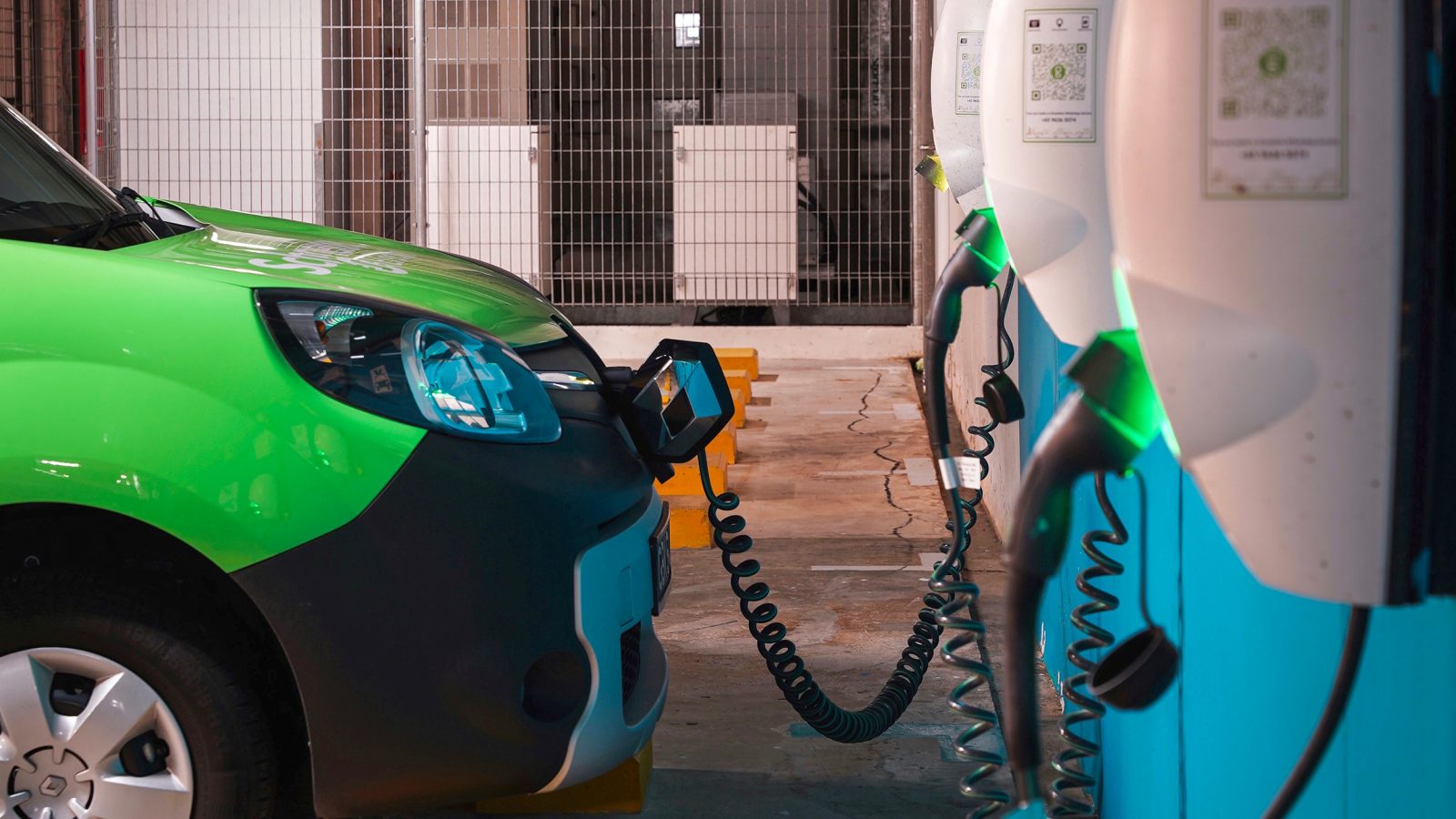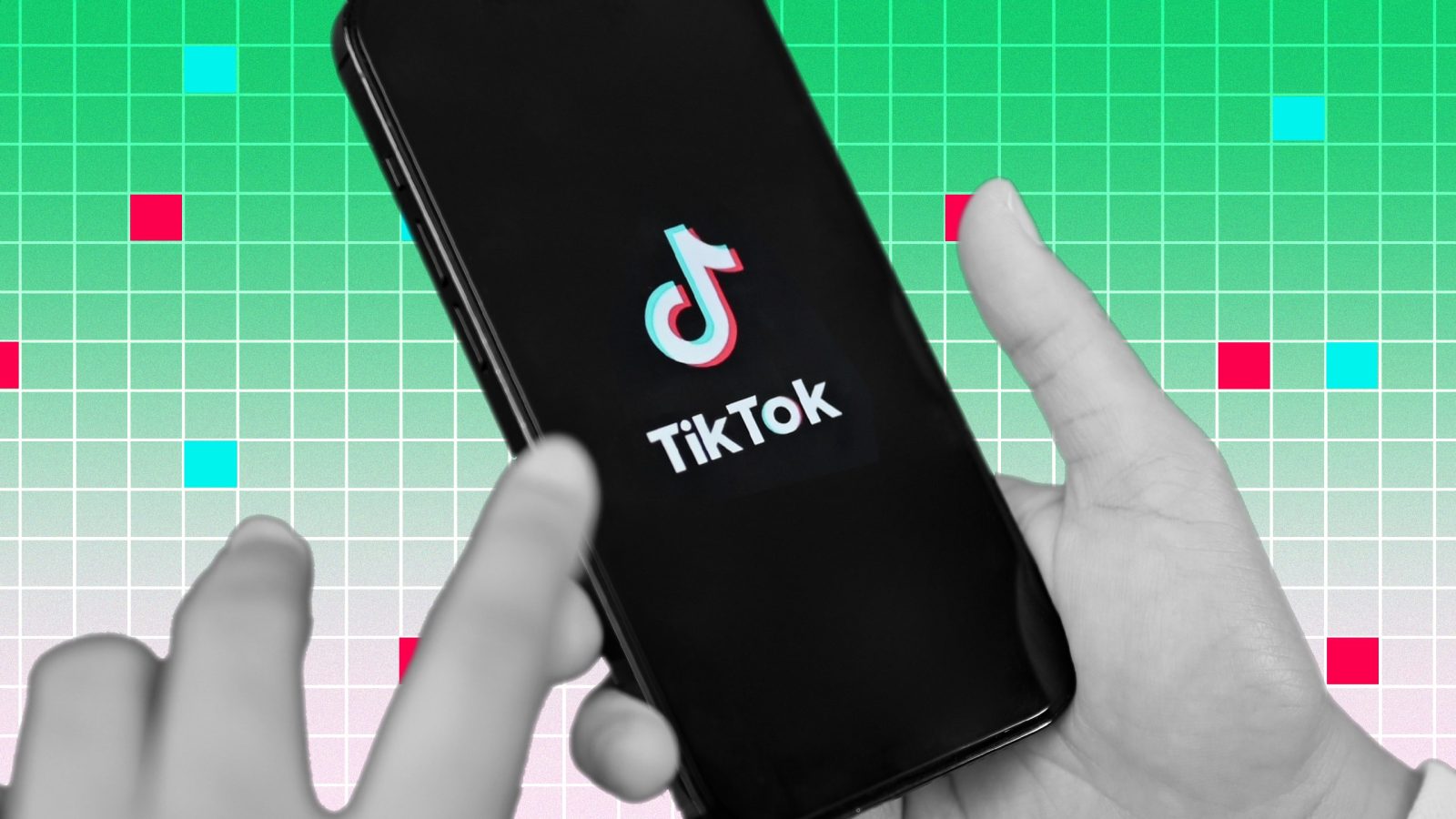-
A Proven Model to Combat U.S. Drug Shortages
 Drug shortages continue to plague the United States. In many ways, the problem is the result of deficiencies in the current pharma market. But a model for addressing this problem is showing that it isn’t intractable. The company employing this model is Civica Rx, which was established in 2018 by health systems and philanthropies to address shortages of generic sterile injectable drug. This article discusses the elements of its model and its achievements.
Drug shortages continue to plague the United States. In many ways, the problem is the result of deficiencies in the current pharma market. But a model for addressing this problem is showing that it isn’t intractable. The company employing this model is Civica Rx, which was established in 2018 by health systems and philanthropies to address shortages of generic sterile injectable drug. This article discusses the elements of its model and its achievements.
Continued here -
Special Series: Tech at Work
 JUAN MARTINEZ: Well, you just mentioned every technology from the past 50 years, and didn’t leave me an option. So I’m just going to steal yours and say the iPhone. I mean, the ability to have a computer and every application and every website in your pocket at all times is a vast change from anything we’ve ever had.
JUAN MARTINEZ: Well, you just mentioned every technology from the past 50 years, and didn’t leave me an option. So I’m just going to steal yours and say the iPhone. I mean, the ability to have a computer and every application and every website in your pocket at all times is a vast change from anything we’ve ever had.
Continued here -
The Myths and Realities of Being a Product Manager
 Product management has become an aspirational career. A group of popular social media influencers regularly offers advice on what it takes to attain a job and succeed in this field. But their content tends to glamorize the profession, gloss over the day-to-day-realities, and dispense wisdom that isn’t always on point.
Product management has become an aspirational career. A group of popular social media influencers regularly offers advice on what it takes to attain a job and succeed in this field. But their content tends to glamorize the profession, gloss over the day-to-day-realities, and dispense wisdom that isn’t always on point.
Continued here -
Singapore's EV challenge: High prices and high-rises
 For Koh Jie Ming, the decision to switch to an electric vehicle five years ago was easy — there were significant savings to be had. But there were no EV chargers in the shared car park in his public housing estate, so he had to improvise.
For Koh Jie Ming, the decision to switch to an electric vehicle five years ago was easy — there were significant savings to be had. But there were no EV chargers in the shared car park in his public housing estate, so he had to improvise.
“There were some fast chargers near my home, so I would charge my car while I had a meal or shopped,” Koh, 33, who drove for a ride-hailing firm then, told Rest of World.
Continued here -
The TikTok ban is bigger than just ByteDance
 After years of trying, the U.S. has finally issued ByteDance with an ultimatum: Sell TikTok or the app will be banned. The bill passed Congress with overwhelming support on Tuesday as part of a broader foreign aid package, and was signed into law by President Biden on Wednesday morning. It’s the most extreme measure the U.S. has taken so far in its effort to insulate itself from Chinese influence — and while the immediate impact is focused on one company, the secondary effects are likely to be much broader.
After years of trying, the U.S. has finally issued ByteDance with an ultimatum: Sell TikTok or the app will be banned. The bill passed Congress with overwhelming support on Tuesday as part of a broader foreign aid package, and was signed into law by President Biden on Wednesday morning. It’s the most extreme measure the U.S. has taken so far in its effort to insulate itself from Chinese influence — and while the immediate impact is focused on one company, the secondary effects are likely to be much broader.
NBC News has a good rundown on the technical details of the ban, but for now, TikTok is pledging to challenge the bill. “We will keep fighting for your rights in the courts,” CEO Shou Zi Chew said in a TikTok after the bill was signed. “The facts and the Constitution are on our side.”
Continued here -
Meta’s Open Source Llama 3 Is Already Nipping at OpenAI’s Heels
Jerome Pesenti has a few reasons to celebrate MetaâÂÂs decision last week to release Llama 3, a powerful open source large language model that anyone can download, run, and build on.
Pesenti used to be vice president of artificial intelligence at Meta and says he often pushed the company to consider releasing its technology for others to use and build on. But his main reason to rejoice is that his new startup will get access to an AI model that he says is very close in power to OpenAIâÂÂs industry-leading text generator GPT-4, but considerably cheaper to run and more open to outside scrutiny and modification.
Continued here -
The 14 Best Barefoot Shoes (2024): For Running or Walking
If you buy something using links in our stories, we may earn a commission. This helps support our journalism. Learn more. Please also consider subscribing to WIRED
You were born barefoot, and a growing body of evidence suggests you should have stayed that way. The technology and padding of the modern shoe protect your feet, but protection isn't always what you want. Feet were made to stretch, flex, roll, and bend, and letting them do what they evolved to do can reduce impact injuries and provide a host of other benefits.
Continued here -
10 Best Cold-Brew Coffee Makers (2024): Oxo, KitchenAid, and More
Cold-brew makers arenât like coffee machines. They don't push steam through a tight puck of coffee grounds or heat water to drip over them. Most cold-brew makers are simple devices, and thatâs because cold-brewing coffee is a deceptively simple process. We don't actually need a cold-brew maker to do much. We don't want it to do much. It should stand back and let the water take its time to gently coax the subtlest, sweetest flavors out of your grounds. It's just coffee plus water plus patience. So during testing, we have to pay close attention to what the cold-brew maker does, and doesn't do.
I test a lot of devices for making coffee, and in my opinion, testing cold-brew makers is probably the trickiest. When something goes wrong with a batch of cold brew it's not always obvious what the cause is. It can be as subtle as an off flavor or a few too many dregs at the bottom of a cup. Sometimes it's even something else in your fridge that adds a weird flavor. That's why we test so thoroughly and really put these products through the ringer.
Continued here -
No, a Shadowy Figure Is Not Buying Tents for Columbia Student Protesters
A number of elected officials, including New York City Mayor Eric Adams, law enforcement officers, right-wing media outlets, and far-right extremists have boosted a baseless conspiracy theory that Jewish Hungarian billionaire George Soros or some nefarious shadowy organization is helping to fund the pro-Palestinian student protests at universities across the US.
They are promoting the well-worn antisemitic trope that a puppet master is behind the protests, based on the fact that many of the students at universities like NYU and Columbia erected tents of the same color, make, and model at the same time on their encampments.
Continued here -
The TikTok Ultimatum Is Here. What Does It Mean?
This might be the end of TikTok. President Joe Biden signed a bill this week which allows the US government to ban the platform if TikTok doesn't divest from its China-based owner, ByteDance, within a year. Today on the show, weâre going to talk about what happens to TikTok now and how this new law affects the politicians and influencers who use the app.
Leah Feiger is @LeahFeiger. Makena Kelly is @kellymakena. Tori Elliott is @Telliotter. Write to us at politicslab@wired.com. Our show is produced by produced by Jake Harper. Jake Lummus is our studio engineer and Amar Lal mixed this episode. Jordan Bell is the Executive Producer of Audio Development and Chris Bannon is Global Head of Audio at Condé Nast.
Continued here
Friday 26th April 2024
Top stories this week